The committee, which operates under the U.S. Senate Committee on Commerce, Science, and Transportation, will hold the hearing on May 19 at 10 a.m. Eastern, CNet reports. The hearing is entitled "Consumer Privacy and Protection in the Mobile Marketplace."
David Vladeck, the Federal Trade Commission's Director of the Bureau of Consumer Protection, has been called to testify in Witness Panel 1.
Catherine Novelli, Apple Vice President of Worldwide Government Affairs, will serve as a witness during Witness Panel 2. Google Director of Public Policy for the Americas Alan Davidson is also scheduled to testify, as is Bret Taylor, Facebook's Chief Technology Officer.
The Commerce hearing comes soon after a hearing by the Senate Judiciary Subcommittee on Privacy that also called Apple and Google as witnesses. Apple Vice President of Software Technology Guy L. "Bud" Tribble testified last week that the company had never tracked an individual's location.
Security researchers had claimed last month that a database file in iOS 4 stored users' location information. Apple responded by denying the claim in a statement, noting that the file is actually a crowd-sourced database of Wi-Fi hotspots and cell tower data meant to help an iPhone "rapidly and accurately calculate its location when requested."
Tribble acknowledged during the hearing that Apple was "looking into" the legality of apps that broadcast sobriety checkpoints.
Executives from AT&T, T-Mobile and Sprint testified in a hearing last week. The Senate Judiciary subcommittee met to evaluate whether AT&T's proposed acquisition of T-Mobile USA would hurt consumers and stifle competition.
 Josh Ong
Josh Ong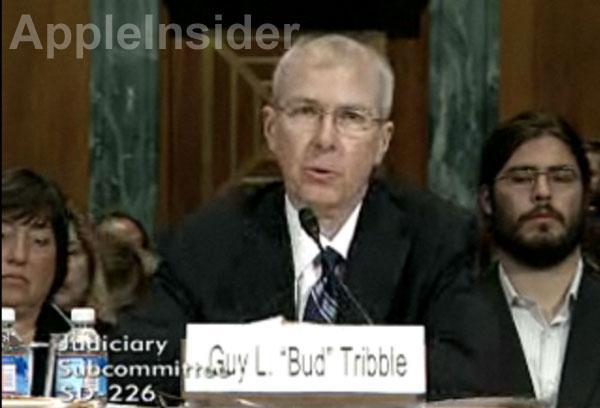

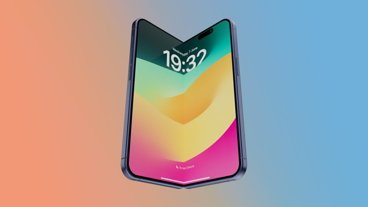
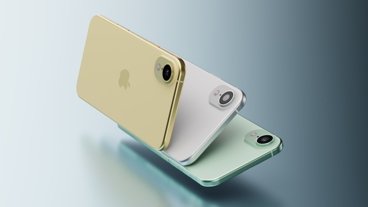
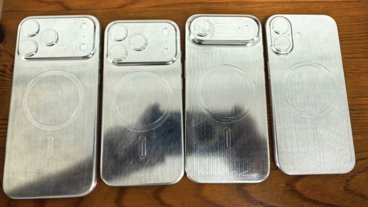



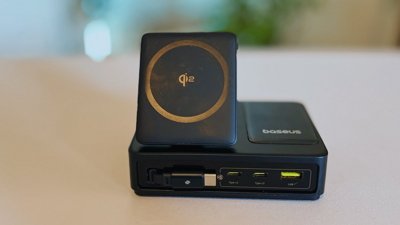
 Amber Neely
Amber Neely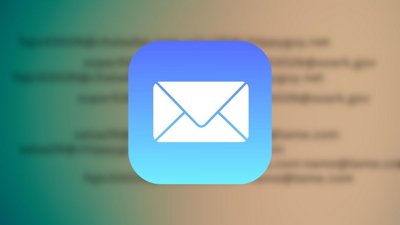
 Marko Zivkovic
Marko Zivkovic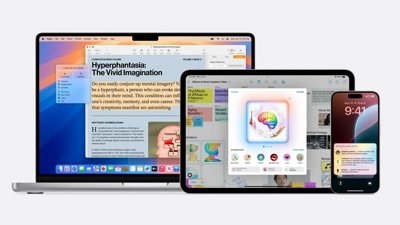
 Malcolm Owen
Malcolm Owen
 Andrew O'Hara
Andrew O'Hara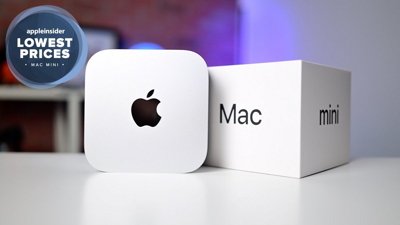
 Christine McKee
Christine McKee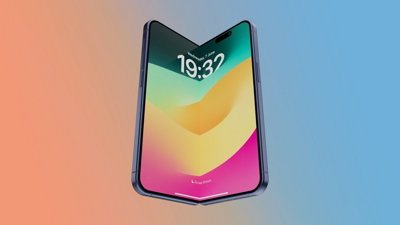

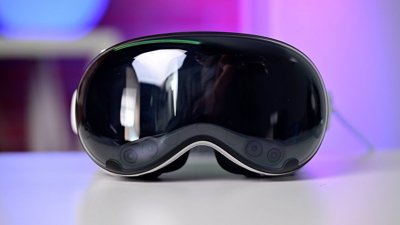
 Andrew Orr
Andrew Orr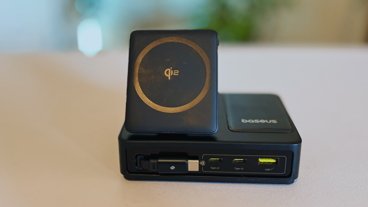
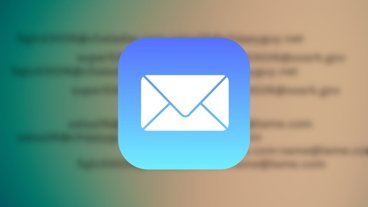








32 Comments
Queue weak sauce fanboy denials of the issue in 3... 2... 1...
I tell you what..... why don't they set up a meeting and invite all of the interested committees? It freakin' amazes me how inefficient our government is today.
Queue weak sauce fanboy denials of the issue in 3... 2... 1...
The simple fact that the data in consolidated.db was accurate to about 50 square miles when used in a metro environment makes it worthless as an indication of a users true position. In a rural environment, the data was accurate to about 2000 square miles.
Much ado about nothing unless you are under the mis-guided notion the data actually representing the phones position accurately.
The simple fact that the data in consolidated.db was accurate to about 50 square miles when used in a metro environment makes it worthless as an indication of a users true position. In a rural environment, the data was accurate to about 2000 square miles.
Much ado about nothing unless you are under the mis-guided notion the data actually representing the phones position accurately.
A) Your claims about the accuracy of the data being stored don't come even close to matching the accuracy documented by the creators of the technology (1000 meters, max), or the accuracy demonstrated to Congress using a live iPhone (20 feet).
B) The hearing aren't about consolidated.db in particular, they are about privacy policy in general and what actions Congress can take to update and strengthen existing laws.
A) Your claims about the accuracy of the data being stored don't come even close to matching the accuracy documented by the creators of the technology (1000 meters, max), or the accuracy demonstrated to Congress using a live iPhone (20 feet).
B) The hearing aren't about consolidated.db in particular, they are about privacy policy in general and what actions Congress can take to update and strengthen existing laws.
http://www.noisetech-software.com/Di...atability.html
Huh, cus it looks like this test came up with a radius of nearly 4mi, which is significantly greater than "the accuracy documented by the creators of the technology (1000 meters, max)".
And that was just the first link on Google. If you look at that test map, it's less accurate at finding your house as say... the phone book.